August 2 - 8, 2020: Issue 460
Colin Victor James Mason
October 28, 1926 - July 18, 2020
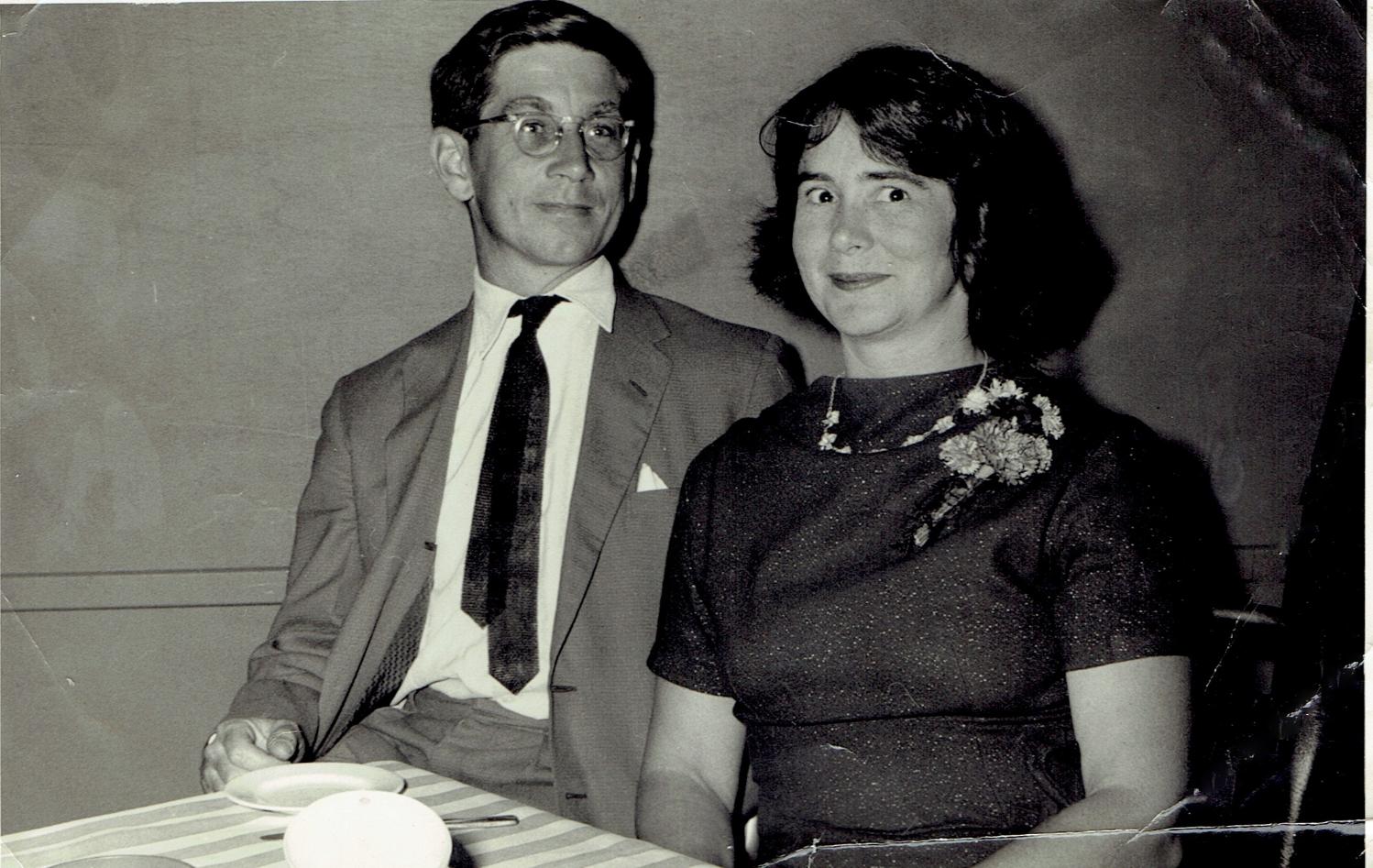
Pittwater, the northern beaches, and indeed Australia as a whole, recently lost one of our larger than life figures from bygone years. Colin Mason, known to his close friends as Jim, was amongst many other things, deputy leader of the Australian Democrats in the eighties and acting leader at various times.
Colin died aged 93 in Neringah hospital on Saturday, July 18, after a long illness. His wife Nancy passed in 2001 and he leaves three children, Mark, Rosemary, Matthew, and five grandchildren.
Born in Auckland in 1926, Jim began his career as a reporter in New Zealand.
MASON.—On October 28, at Nurse Donald's, Herbert Road, to Mr. and Mrs. V. C. Mason, a son.—Both -well. - NEW ZEALAND HERALD, VOLUME LXIII, ISSUE 19476, 4 NOVEMBER 1926
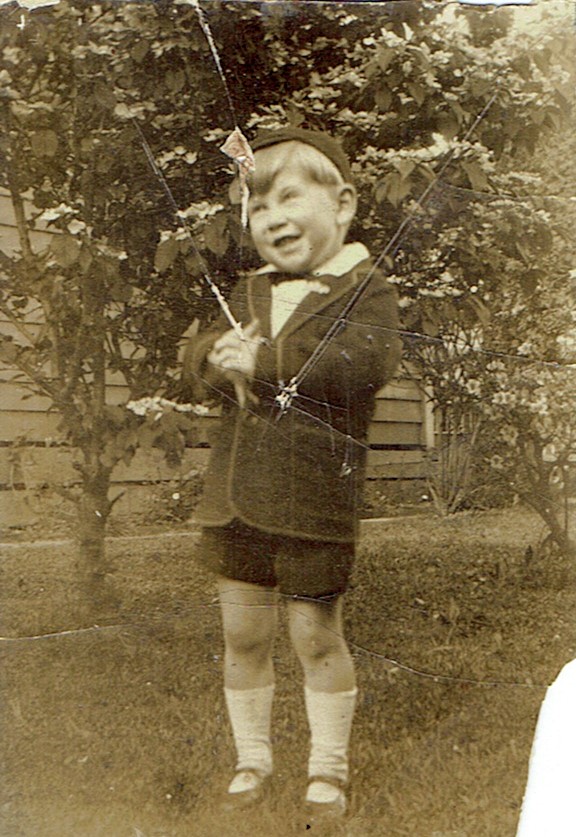
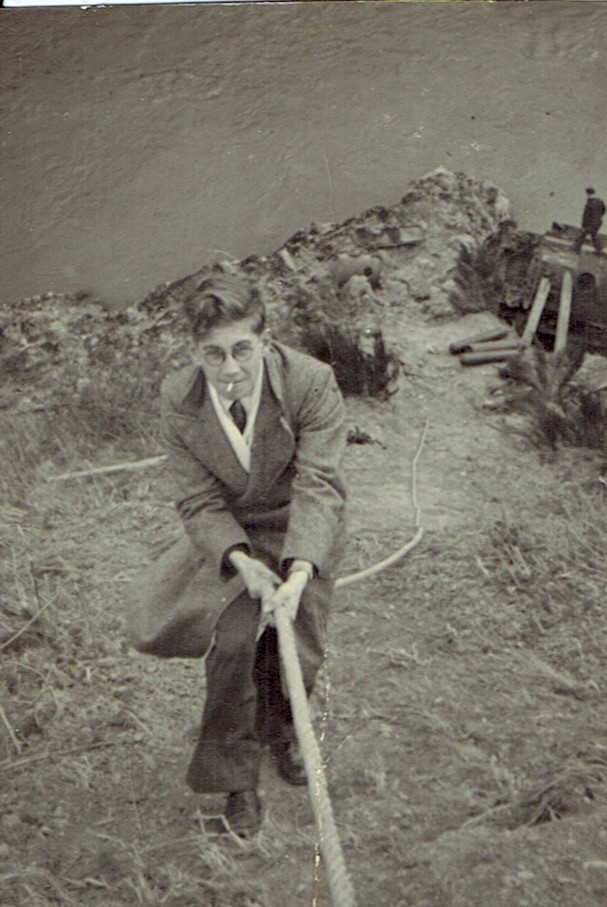
Colin aged three or four Colin reporting on train crash in NZ in his late teens
A long and illustrious career in Australia began after he emigrated as a young man from New Zealand. He started as a reporter for the Sydney Morning Herald but soon moved to the ABC and progressed to become founder and head of the Singapore office at the tender age of twenty seven. This post led to him experiencing many fascinating and sometimes dangerous things such as conflict reporting during the 1950s Emergency in Malaya, interviewing and entertaining notables and celebrities who visited Singapore, and spending more than a week with his good friend, anthropologist Bill Geddes, living amongst the head-hunting Dayak tribesmen of Borneo.
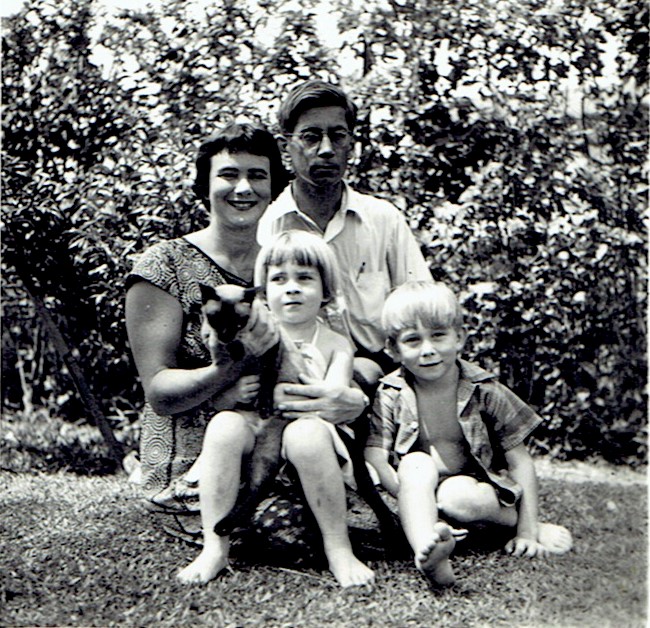
Colin and Nancy, Rosemary and Mark in Singapore
Colin, was subsequently employed as principal adviser to the Thai government to assist in setting up radio throughout the north of Thailand, supervising the technological implementation and conceiving of a unique style of story-telling programming suitable for Thai village audiences and their needs.
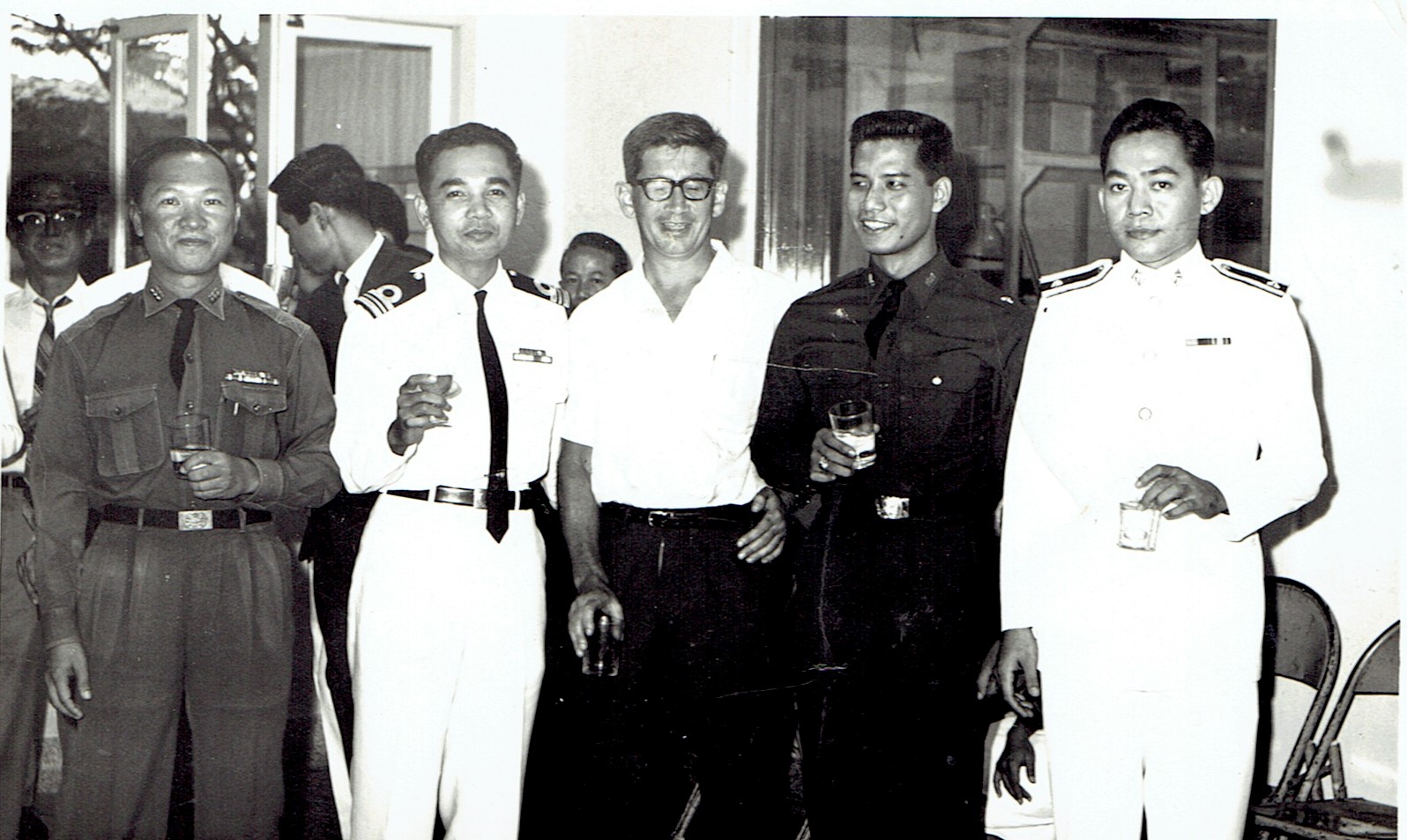
Colin with radio team in Thailand
After a number of years as producer of various high level ABC TV programs, including Four Corners, he published his best seller novel, Hostage in which Australia was held hostage and threatened by nuclear attack from a rogue Russian submarine.
Subsequently, he decided to enter politics with Gordon Barton’s Australia Party and was a key driving force in the forming of the Australian Democrats. He was elected as a Senator for New South Wales and spent nine years in parliament as Deputy Leader, working tirelessly and playing pivotal roles in Sino Australian relations, the Lindy Chamberlain case, discovery of the old and hidden legislation that allowed the Hawke federal government to intervene to block the building of the Franklin River dam, preventing capital gains tax being applied on the family home, preventing GST being applied to grocery and food essentials, fighting for the introduction of Citizens Initiative in Australian politics and many other extraordinary matters.
Colin was in this day and age one of a rare breed — a man of principle committed to finding the right way. He read and explored the world widely and used his knowledge to write many useful and informative books. While principles can be a guiding light in difficult times, a man can be limited by his principles, the particular range of which will be influenced by the will and character of the individual.
Colin’s principles were on the whole ones that dictated fairness, honesty, integrity and excellence in his fields of work — principles that guided him to look longer and harder in such things as the Lindy Chamberlain case and in finding clever leverage in pioneering trade with China.
These principles also drove him to oppose (unsupported by both Labor and Liberal parties) the entry of foreign banks into Australia, to do ground breaking research on how the federal government could stay Tasmania in its plan to dam the Franklin River, for which he was never justly acknowledged, to work to ensure that the family home was exempted from capital gains tax, to push for basic necessities to be exempted from the GST and many other such things.
Colin’s principles were also of the type that guided him not to seek plaudits, acclaim or even acknowledgement for what he did right and the good he created, but upon his demise such long overdue credit should be awarded.
As a member and informal leader of the first Australian parliamentary delegation to China in 1985, Colin came up with the idea and approximate design for sound baffling in Chinese factories to prevent thousands if not millions of Chinese workers going deaf. The Chinese asked what they could do in return and Colin suggested that Australian coal was plentiful and of very high quality. An initial deal to purchase in the vicinity of $30 million of Australian coal was made. The ensuing trade benefited both Australia and China enormously, and Colin worked long and hard in other ways to improve relations between Australia and China.
It is worthy of note at this time of deteriorating relations between both countries that, despite Colin’s efforts to promote peace and prosperity, especially between Australia and China, little is being said in the traditional media about his passing. Also, the Chinese deny that his book ‘A Short History of Asia’ was published there. The family has two copies of his ‘A Short History of Asia’ in Chinese and while a friend of his granddaughter saw copies of it for sale in Hong Kong during a student exchange there, the Chinese claim that it was never published there and no royalty payments have been received.
On a more personal note, Colin enjoyed many adventures with his children and grandchildren, including carving out a beautiful bush garden on his Blue Mountains property at Wentworth Falls, building a Sorenson style local stone boundary wall there, tramping, skiing and bike riding in the Snowy Mountains, sailing his Soling class yacht on and outside Pittwater and regularly body surfing until he entered his nineties at just about every locality in the beautiful Northern Beaches. He also gained great pleasure from playing his beloved 1869 Bechstein grand piano and hosted numerous concerts with various artists playing on it in successive homes around the Northern Beaches.
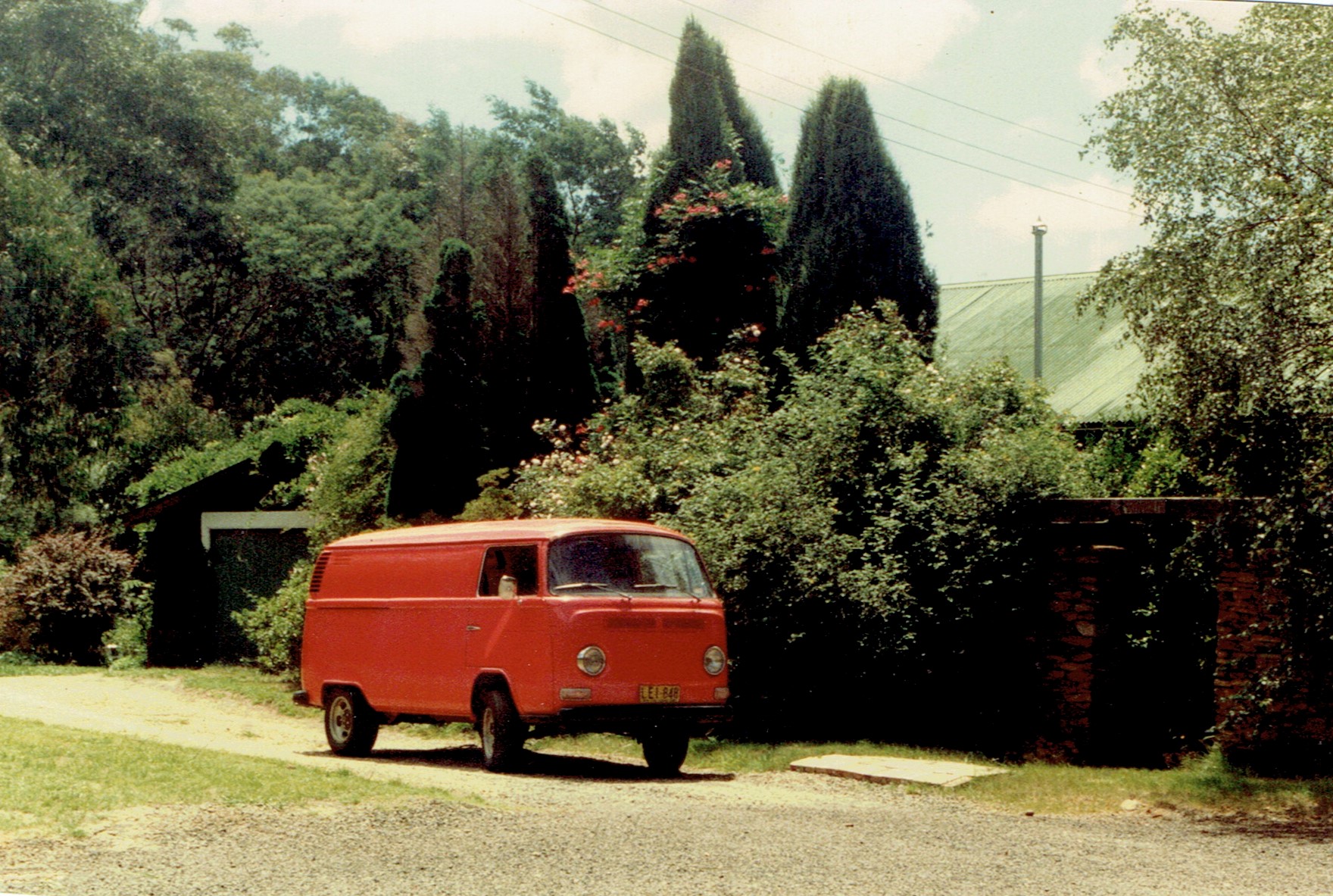
gate in stone wall Colin built at Wentworth Falls
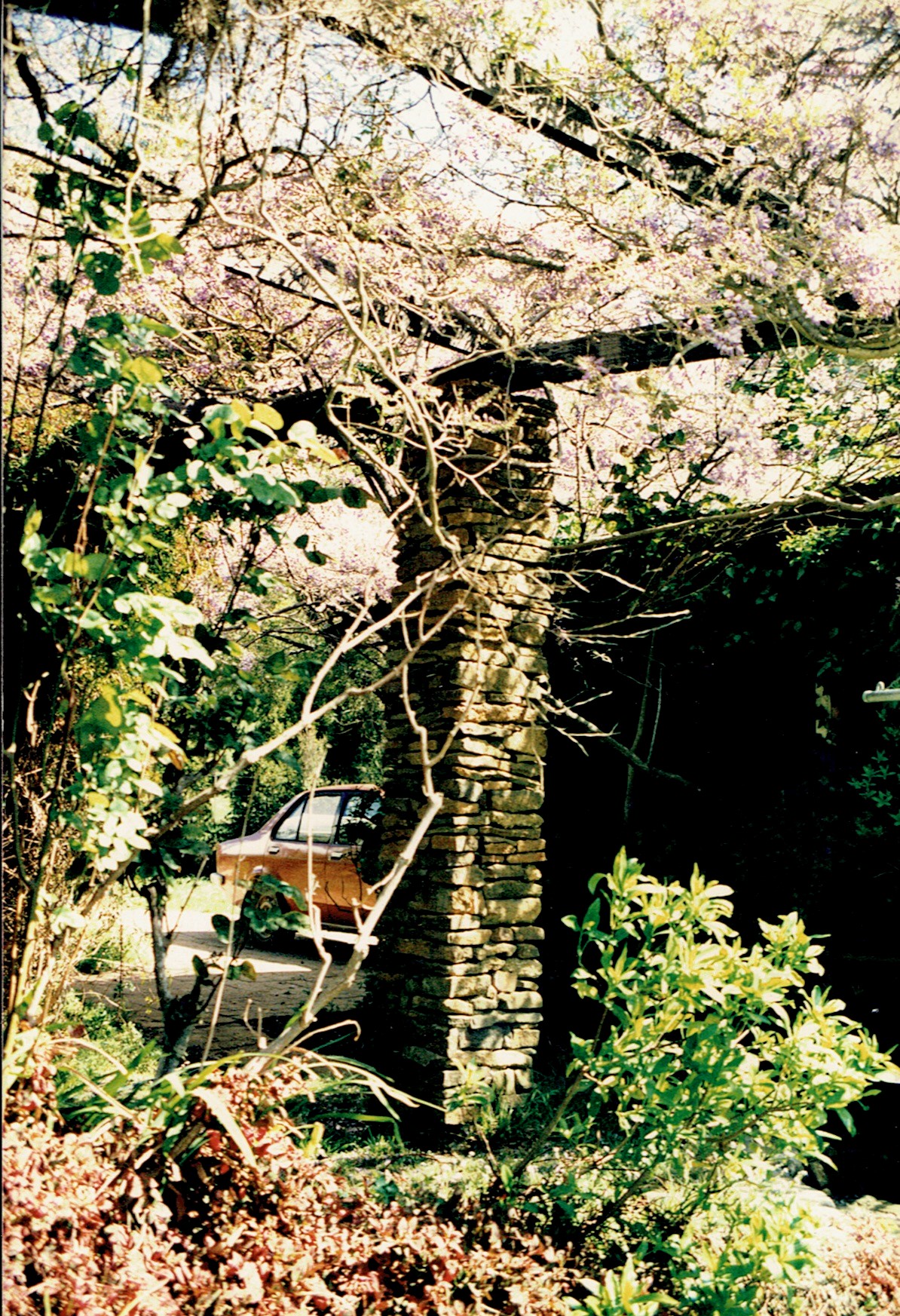
part of the stonework Colin created at Wentworth Falls
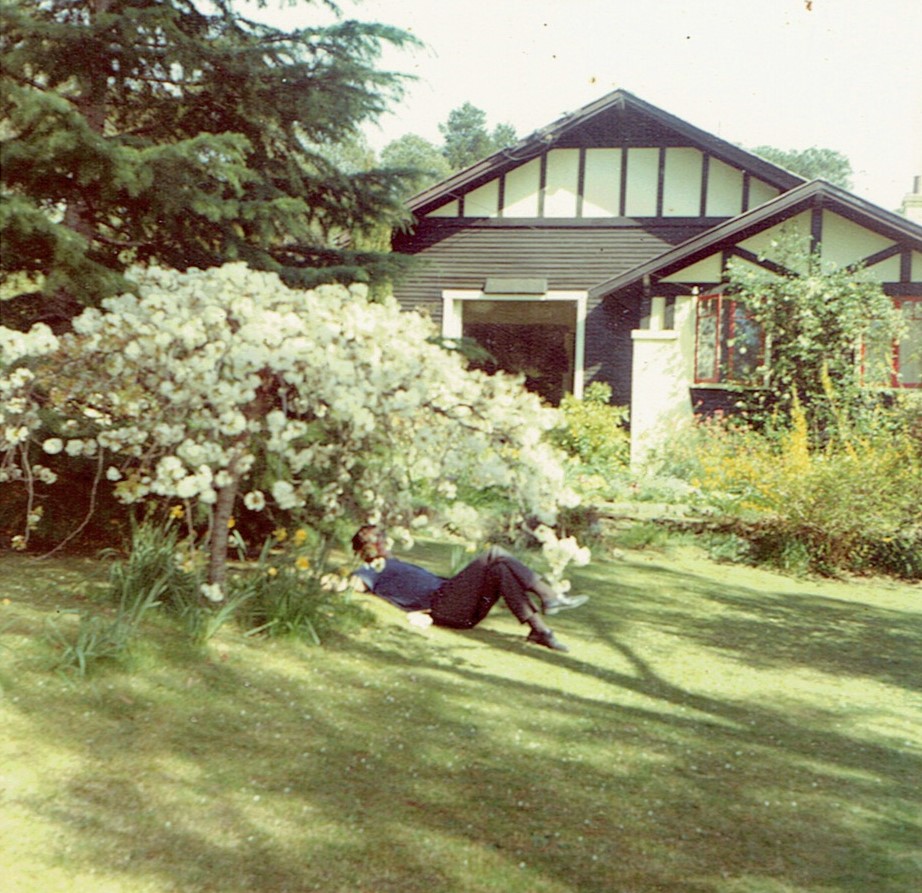
house and garden at Wentworth Falls
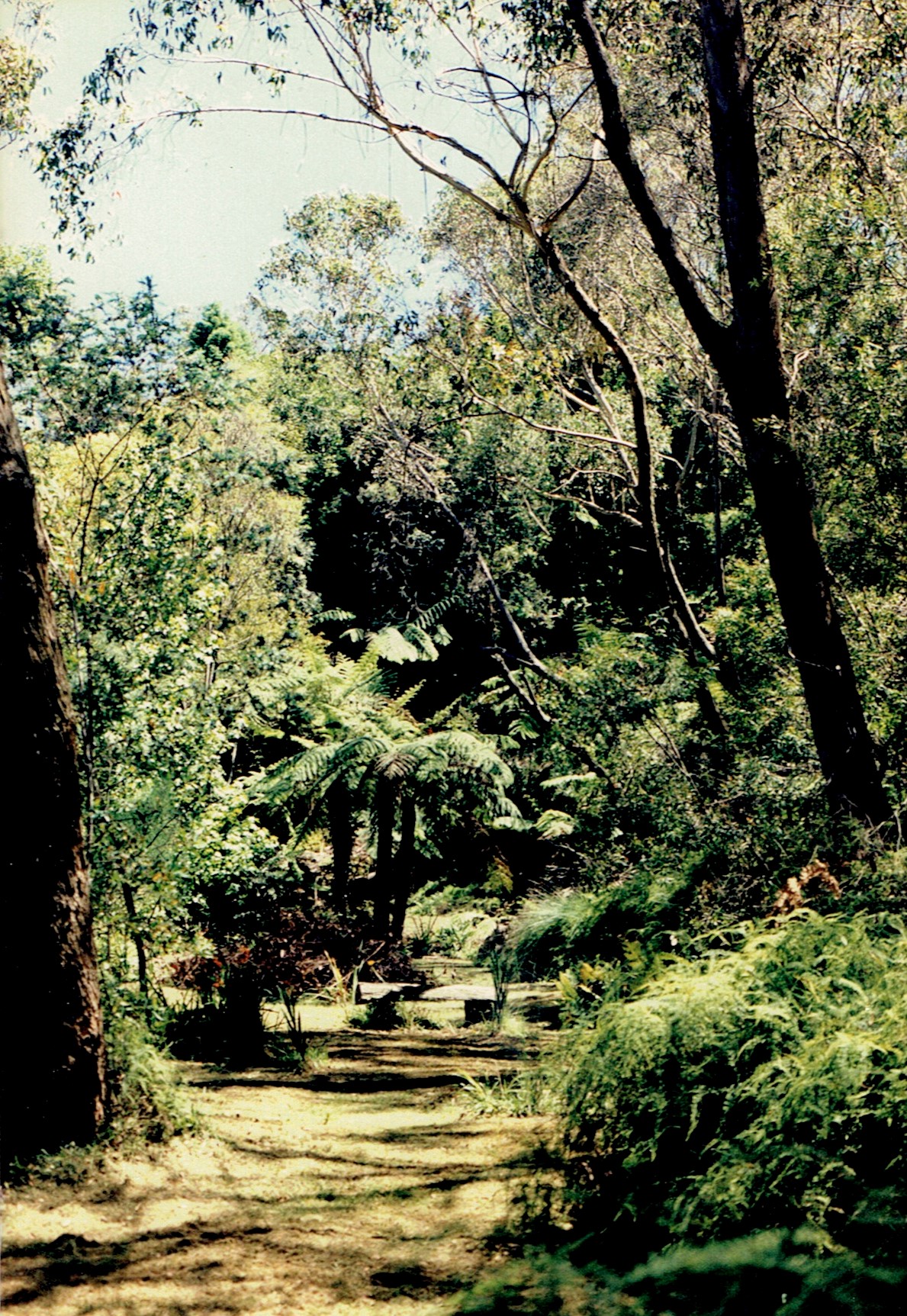
lower bush garden at Wentworth Falls
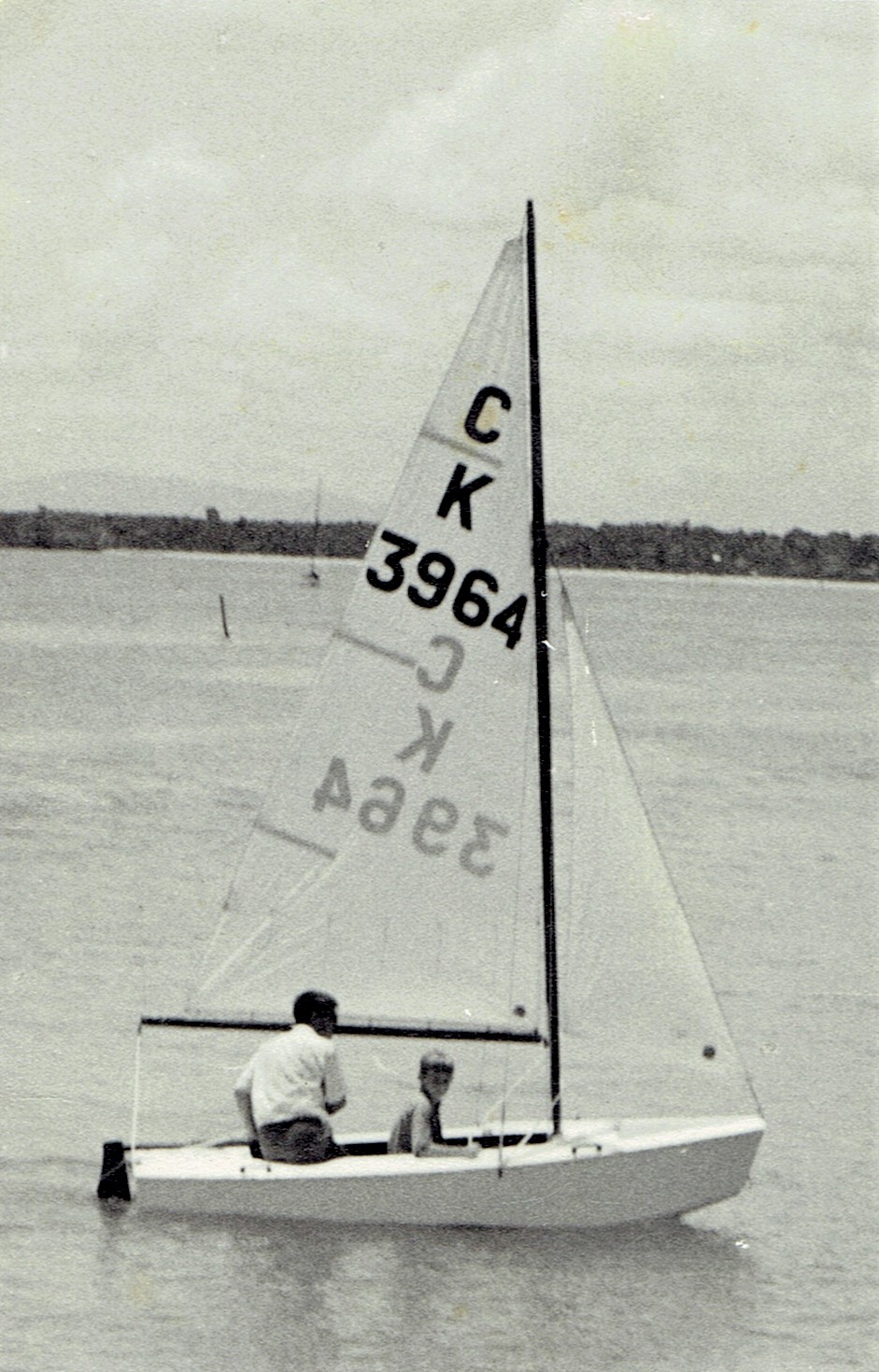
with son Mark in pram dinghy he built
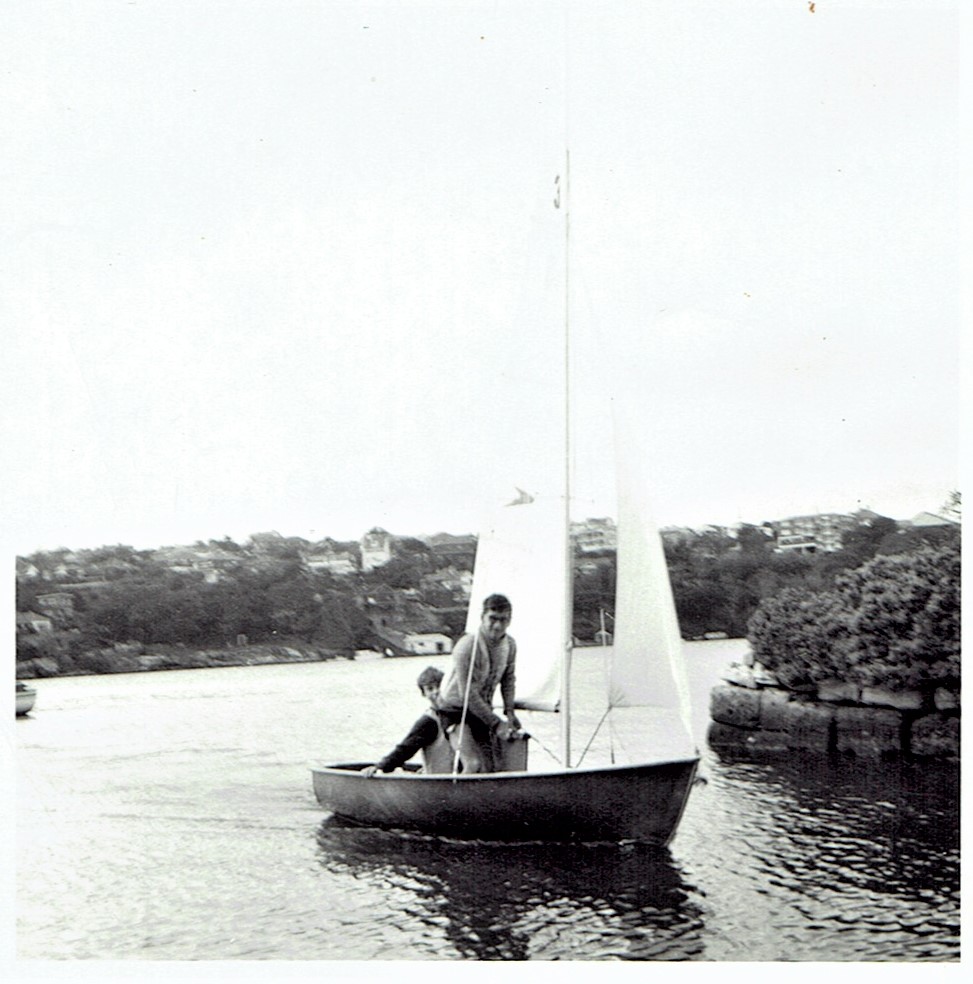
Colin sailing Flying Eleven with son Mark that they built together
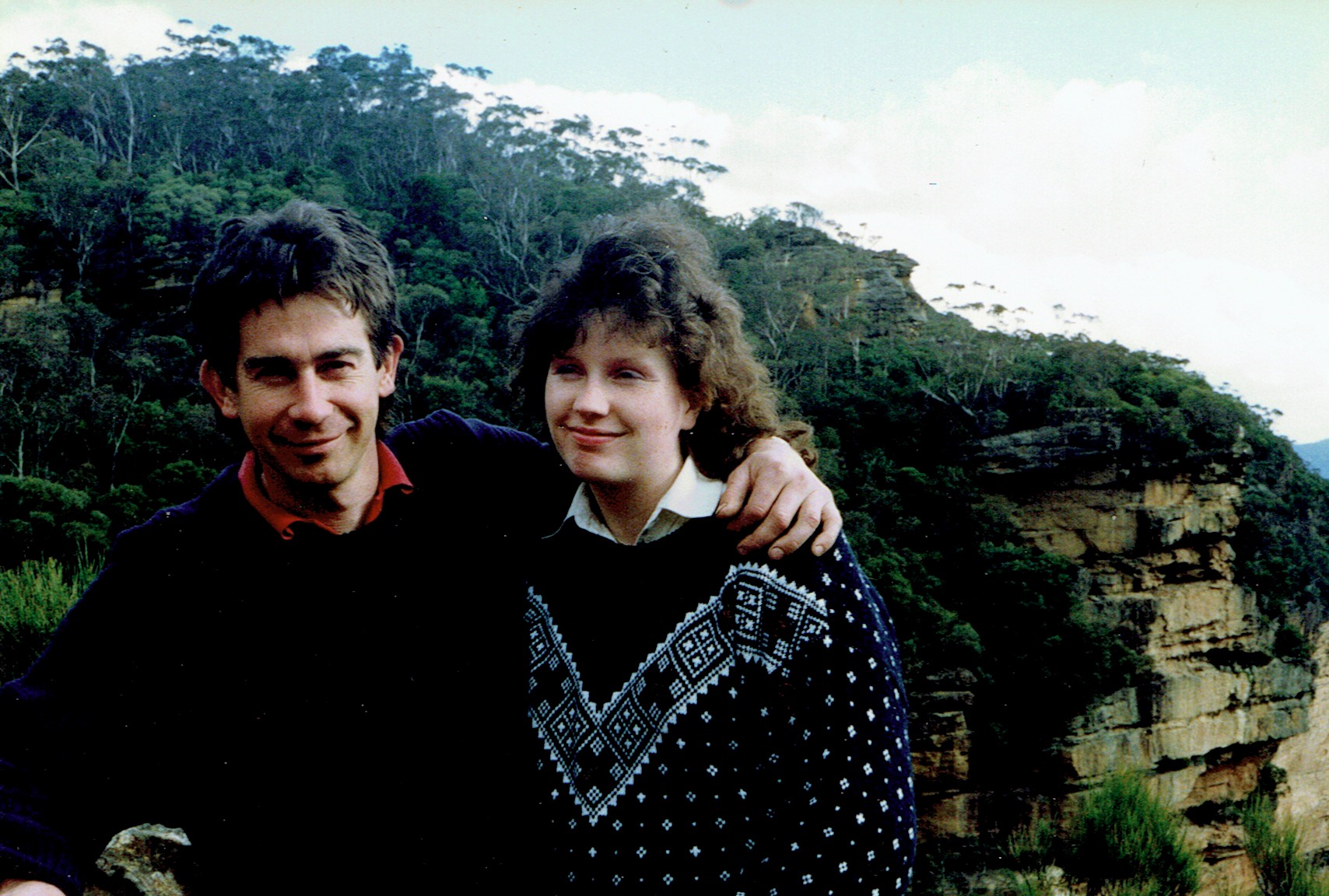
Colin's son Matt with partner Suzanne
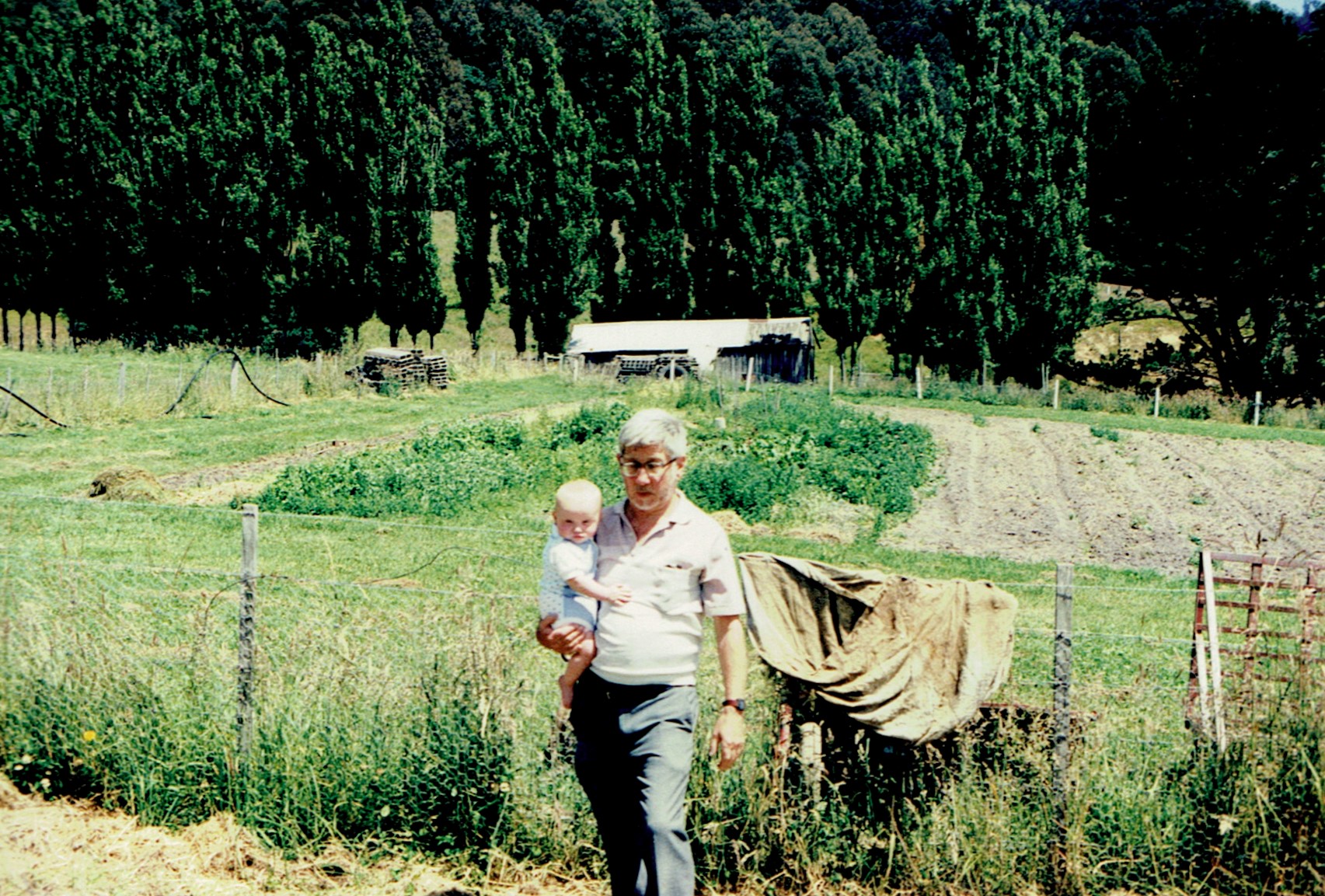
with grandson Alex on Matt's Ellendale farm in Tassie
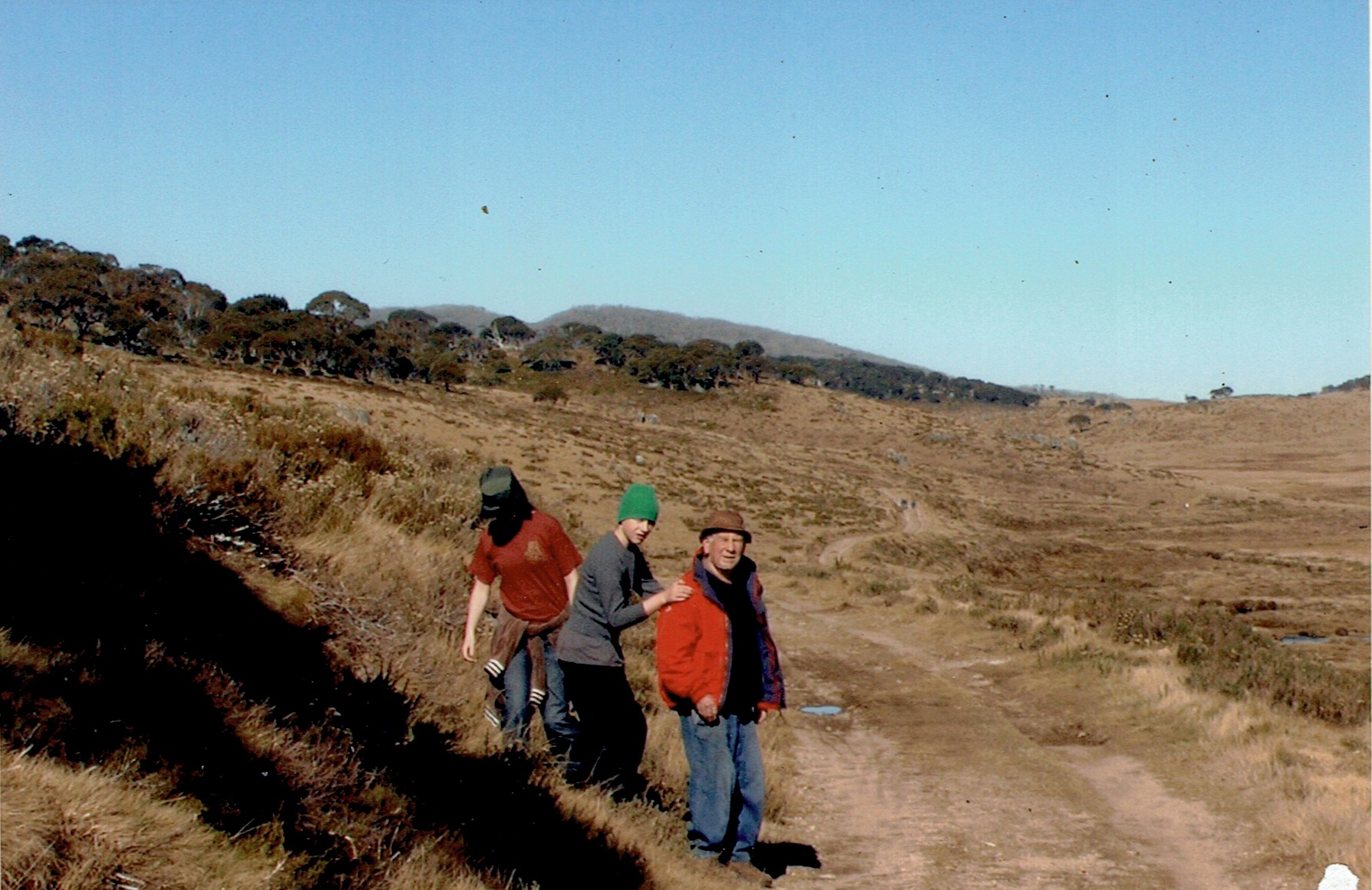
tramping in Snowy Mountains with grandchildren Zena and Alex

sailing with Nancy
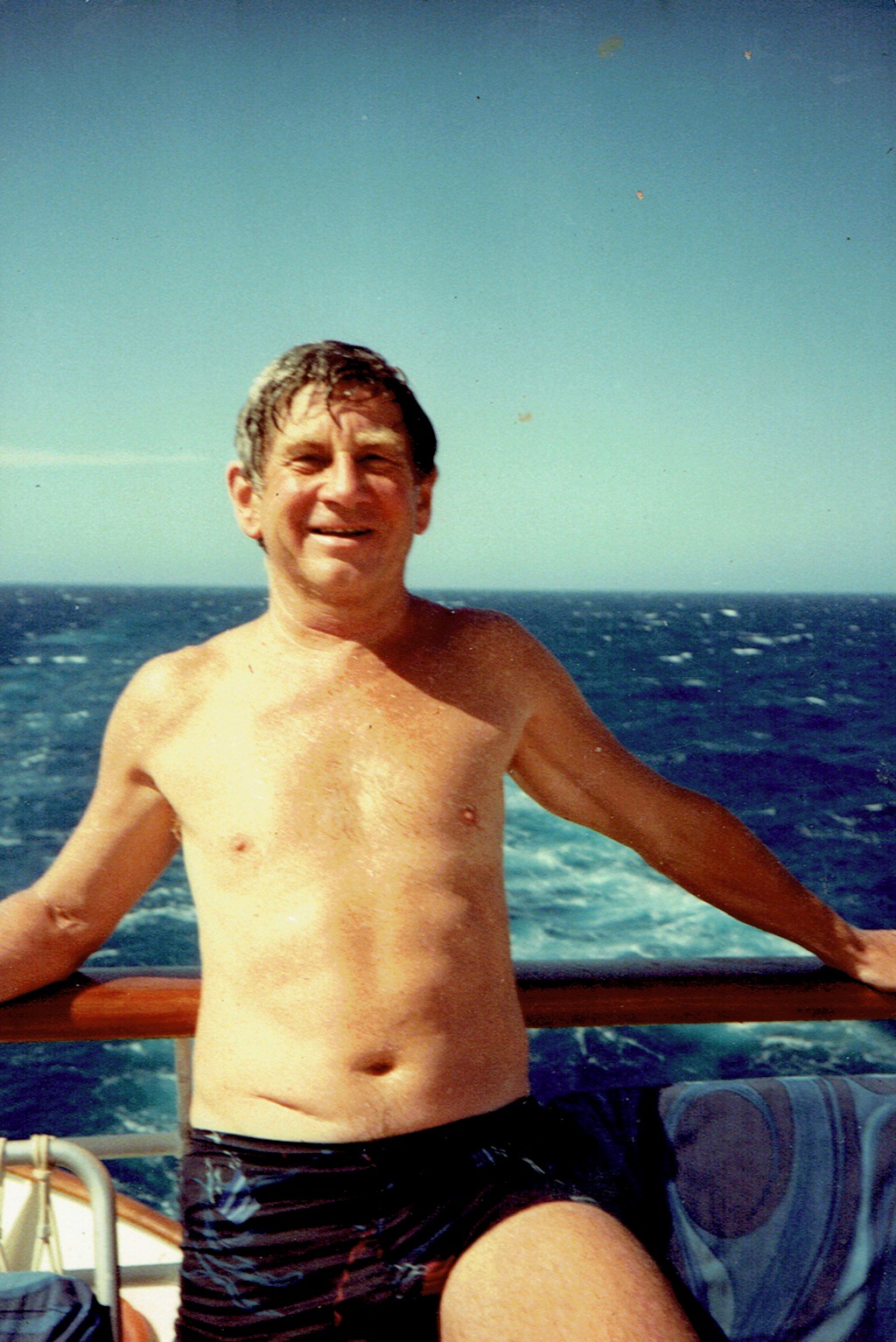
enjoying a cruise
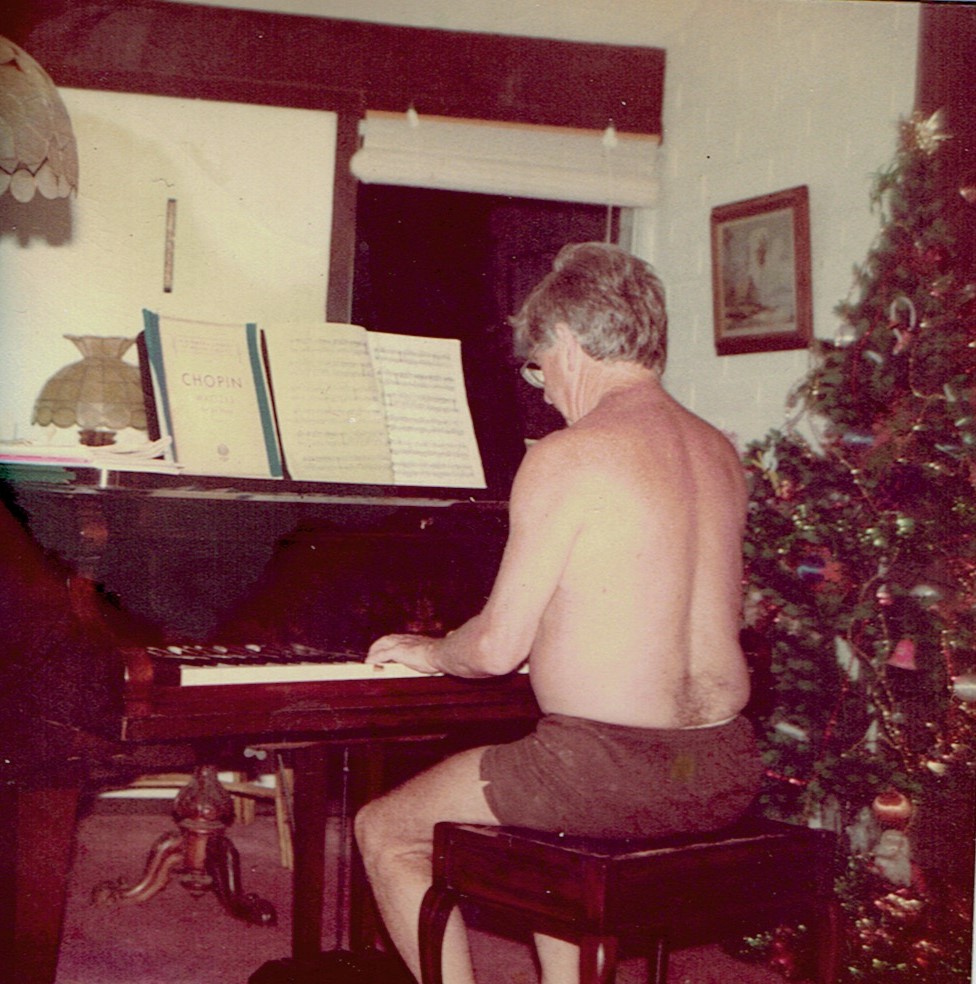
Colin playing his Bechstein
Colin wrote novels, history and environmental books, and is still in publication. His commitment to writing inspired a love of writing in his family. There are writers now in three successive generations of the family, including Colin, his son Mark Mason who wrote amongst other things ‘In Search of the Loving God’, his son Matt Mason who has more than a dozen books on Amazon including ‘The Wolf Pack’ the first part of a new pandemic novel series with the series name of ‘Crown and Empire’ and his grandson Alexander who is near completing his fantasy fiction novel ‘The Liberty of Knowledge’.
Despite ongoing heart problems attributed by his family to the stress of his ten year stint in politics, Colin reached the handsome age of 93. A memorial service was held at St John’s in Mona Vale on Wednesday, July 29 and live streamed around the globe.
Tribute by Matthew Mason
Farewell Colin Mason, The ABC’s First Man In Asia
July 27, 2020: ABC Australia
Colin Mason, who has recently died aged 93, was the ABC’s first correspondent in Asia and pioneered ABC Radio in the region.
In 1956 he established an ABC office in Singapore at the behest of ABC Chair Sir Richard Boyer, who could see the importance for Australians of having a closer view of what was happening elsewhere in their region.
It was a time of increasing turmoil in Asia: the Malayan Emergency guerilla war was still underway, there was civil war in Indonesia, nationalist movements were asserting themselves across the region and conflict was intensifying between the North and South Vietnamese regimes.
“The initial project was to send in one man and I arrived in Singapore with a brief to follow events wherever they were happening, and report and comment on them to ABC news and the then “talks department”, and to further the interests of Radio Australia,” Mason remembered in a 2004 piece written for an exhibition on the history of ABC foreign correspondents and coverage.
“It was a very big parish, stretching from Burma east to Japan, but it was always interesting and, because of the tumult of change, always newsworthy.
“The South-East Asian exercise was always fascinating, demanding and at times slightly dangerous, but on the whole it did its job, placing South-East Asia firmly within the scope of ABC programs.
“Yet even now, almost 50 years later, many Australians lack a basic knowledge of the facts of the Asian region. That is something that must change.”
After a 14-year career with the ABC Mason moved on to politics, becoming a NSW Senator with the Australian Democrats, elected to Parliament alongside Don Chipp.
Post-politics he became a full-time writer, with his books including A Short History of Asia and The 2030 Spike: Countdown to Global Catastrophe and novels Hostage, Copperhead Creek and Northern Approaches.
All at the ABC extend our sincere condolences to Colin’s family and friends.
The First 5 Australian Democrats Senators Elected To Parliament
Michael Macklin says:
In 1981, the party gained the balance of power and its five senators started out on a long road of reform. Here is the team taken in our party room in the old Parliament House. It has been previously used as a storage room for cleaning products and so we joked that we were the new cleaners.
From the right, Janine Haines from SA, Don Chipp from Victoria, myself from Queensland, Colin Mason from NSW and Jack Evans from WA. Photo courtesy Michael Macklin
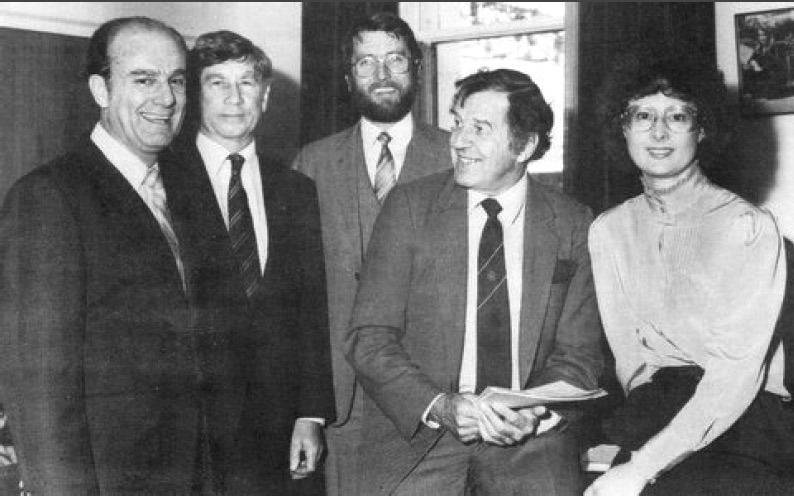
MASON, COLIN VICTOR JAMES (1926– 2020)
SENATOR FOR NEW SOUTH WALES, 1978–87 (AUSTRALIAN DEMOCRATS)
Colin Victor James Mason was elected as a senator for New South Wales in the 1977 federal election. Don Chipp was elected as a senator for Victoria in the same election. As the first Australian Democrats elected to the Senate, they signalled the arrival of a new centrist parliamentary party that would go on to become a highly influential minor party in federal politics. Mason was re-elected at the 1983 double-dissolution election and again at the 1984 election, in each case for a term of three years.
Colin Mason was born in Auckland, New Zealand, on 28 October 1926. Having studied journalism at the University of New Zealand’s Victoria College, Wellington, he established a career as a journalist, moving to Australia in 1950 and in 1952 marrying Nancy Williamson, with whom he had three children. He worked for a period for the Sydney Morning Herald before joining the Australian Broadcasting Commission (ABC), where he was a radio and television journalist, and documentary producer. In 1956 Mason became the ABC’s first resident foreign correspondent in Southeast Asia.
Mason’s time in Southeast Asia coincided with a period of enormous change for the region, and saw him travelling in troubled and remote areas. Indigenous nationalist movements had forced the withdrawal of European colonial rule in countries such as the Philippines, Burma, Indonesia, Indochina and Malaya, communism was gaining a foothold in parts of Asia, and Australian troops were deployed to various countries across Southeast Asia. Between 1963 and 1964 Mason was the Southeast Asia Treaty Organization civilian advisor to the Thai Government on radio and television programming. On his return to Australia he published Dragon Army (1965), a popular history of Asian communism in which he warned against the rise of a communist army across Asia.
Mason was a significant commentator on Asian history and society and an early advocate for Australia’s engagement with the region; he was a Councillor of the New South Wales Institute of International Affairs from 1962 to 1968. Throughout the 1960s and 70s, he published extensively on Southeast Asia, and from 1970 he settled in the Blue Mountains of NSW and devoted himself to full-time writing. In 1973 he published a novel, Hostage, which sold two hundred thousand copies worldwide.[1]
In the early 1970s Colin Mason joined the Australia Party (AP), a minor political party which grew out of the Liberal Reform Group, formed in opposition to the Liberal Party’s policy of conscription and military involvement in the Vietnam War. An unsuccessful AP candidate for the Senate in 1975, Mason was elected National Convenor of the party in 1976. After its poor performance in the 1975 election, the AP believed that it required a ready-made parliamentary leader to develop its legitimacy as a credible political party. The AP had been making overtures to Don Chipp, the Liberal Member for Hotham, to join it since 1972. When Chipp announced his resignation from the Liberal Party in a speech to the House of Representatives on 24 March 1977, in which he foreshadowed the emergence of ‘a third political force, representing middle of the road policies’, Mason took an active role in fostering discussions about a new party. Shortly after he issued a press statement announcing a meeting of the Australia Party and the South Australian New Liberal Movement to discuss ‘common ground’ and to canvass the AP state convenors, to obtain authority to proceed to a merger. Mason was a member of the National Steering Committee for the formation of the new party, the Australian Democrats, and a founding member, and he was involved in drafting party policies, notably the policy on uranium mining on which he published a position paper in the Australian Democrats National Journal in July 1977. In September he was elected a vice-president of the Australian Democrats, and he was endorsed at first place on the party’s NSW ticket for the Senate election of 10 December 1977. He was the last senator elected, on the 34th count.[2]
When Mason and Chipp commenced their parliamentary terms on 1 July 1978 they divided portfolio responsibilities between them; Mason, as Deputy Leader, taking Development and Energy, Foreign Affairs, Defence, Science and Technology and Environment. In their first three years in the Senate, sitting between the major parties, with the government having a clear majority, the two Australian Democrats strove to put forward their party’s views on many issues, and to demonstrate their relevance. Mason attacked the two-party system, referring to ‘the 19th century ideologies of the Labor and Liberal parties’ as outdated and self-serving, and describing ‘the almost manic obsession of the old political parties to play an incessant daily game of confrontation and to visit upon the Australian community … every possible permutation of … divisiveness’. This is why, he said, the Democrats were formed, and why more than eight hundred thousand people voted for them in the 1977 election.
Democrat party principles focused on the value of participatory democracy through giving members equal say in leadership and policy-making within the party. Mason took this a step further with his advocacy of citizen-initiated legislation, whereby members of the public could, by petition, raise proposed laws which would be put to referendum and become law if carried by a majority of voters. This was the subject of his first speech, and he returned to the issue frequently. In 1980 he introduced the Constitution Alteration (Electors’ Initiative) Bill, which did not progress beyond a second reading and lapsed.
In July 1981 the number of Democrats in the Senate rose to five, and they gained a significant influence over the legislative agenda, as each of the major parties needed support to pass any measure. The Democrats now had an enhanced role as moderators of the policies and actions of the major parties, and as defenders of the Senate as a house of legislative scrutiny and a place where the Parliament could struggle with, and at times triumph over, the executive. In the absence of Chipp due to illness in October 1981 Mason led the Democrats in moving requests for amendments to the sales tax bills in the Senate, albeit with an undertaking, at Chipp’s insistence, that the Democrats would allow the passage of the bills if the House of Representatives refused the requests. According to fellow Democrat John Siddons, Mason felt that the Democrats should vote down the bills and in effect this is what occurred when they returned to the Senate from the House of Representatives, Chipp conceding to the opinion of his colleagues. The bills formed a basis for the simultaneous dissolution of both Houses of Parliament in February 1983.
In 1981, in debate on the Defence Amendment Bill, Mason proposed that, rather than an executive decision, parliamentary approval should be required before Australian troops could be committed to war. In 1985, he raised a private senator’s bill to this effect without result, although the Democrats continued to raise this issue which was ultimately adopted as a policy of the Australian Greens.
From July 1985 the Democrats held seven seats and the balance of power in the Senate in their own right. In February of that year Mason lost the deputy leadership of the party to Janine Haines, and his responsibilities shifted to Foreign Affairs, Arts and Heritage, Defence, and Employment.[3]
To the modern political observer, many of Mason’s parliamentary contributions appear prescient. He regularly spoke about the need to develop renewable energy industries such as solar and wind, and he was an early advocate for the use of alternative fuels such as ethanol and methanol. He was implacably opposed to the mining, processing and export of uranium, and to the development of nuclear power.[4]
Of the nine private senator’s bills Mason introduced, a majority dealt with environmental issues. The most significant, and the only one to pass in the Senate, was the World Heritage Properties Protection Bill 1982, which proposed the implementation of the United Nations World Heritage Convention in Australia, using the external affairs powers of the Commonwealth to protect areas identified to be of ‘outstanding universal value’ from destruction. The immediate purpose of the bill was to prevent the state government from constructing a dam that would flood the Franklin River and damage the south-west wilderness area of Tasmania. The bill was controversial and the subject of fierce debate in the Senate, as government senators argued that such a bill would allow the Commonwealth to override state powers. Finally passed with the support of the Labor Opposition and four government senators, the bill did not progress through the House of Representatives. Nevertheless, in 1983, the new Hawke Government introduced legislation which had the same intent as Mason’s bill and which, after narrowly surviving an appeal to the Full Court of the High Court, ultimately prevented the construction of the dam.[5]
As a recognised expert on Asian affairs, throughout his career Mason was spokesman for his party on foreign affairs and defence, addressing such issues as East Timorese self determination, the ANZUS Treaty, nuclear non-proliferation and civil defence against nuclear attack. He pursued in the Senate the issue of the effects of Agent Orange on veterans of the Vietnam War and, in 1982, participated as a member of the Standing Committee on Science and the Environment in an inquiry into the subject. He was a member of the first Australian parliamentary delegation to the People’s Republic of China in 1985, his subsequent publications revealing a distinct softening of his attitude to modern China; he had become a staunch advocate of the bilateral relationship:
''China is probably the most important foreign post we have, in many respects, and it is essential that we get things right there … Australians do not yet understand how much China has changed and what great trade opportunities exist there for Australia.[6]
Described as an ‘earnest loner’ and never quite comfortable in politics, Mason retired at the dissolution of the Senate prior to the double dissolution election of July 1987. During valedictory speeches his colleague Senator Michael Macklin offered the following critique:
''[Colin Mason] was a writer of international standing before he entered Parliament. With his impeccable sense of timing he will have a book out on the stands two weeks after the election … He is a multi-talented man, a person who can get under people’s skin but at the same time, as we Democrats know, he has tremendous compassion and thoughtfulness … [7]
After his departure from the Senate, Mason returned to full-time writing. His novels, Copperhead Creek (1987) and Northern Approaches (2001) were thrillers that to some extent drew on his parliamentary experiences. He also published A Short History of Asia (2000) and The 2030 Spike: Countdown to Global Catastrophe (2003), in which he warned of the danger of a world crisis by 2030 if action was not taken to reverse environmental, political and social trends.
Biography by Tim Kendall
[1] ‘Profile: Senator Colin Mason’, House Magazine, 1 Oct. 1986, p. 3; SMH, 26 Aug. 1981, p. 7; Australian Democrats NSW, Newsletter, Feb. 1981, pp. 11–13; Colin Mason, Dragon Army: The Pattern of Communist Expansion Through Asia, Horwitz Publications, Syd., 1965, preface and p. 19; Colin Mason, Sukarno’s Indonesia, Horwitz Publications, Syd., 1966; Colin Mason, Man in Asia, Southern Cross International, Syd., 1968; Colin Mason, Asia Emerges, Southern Cross International, Syd.., 1968; Colin Mason, The Philippines, Southern Cross International, Syd., 1968; Colin Mason, Understanding Indonesia, Horwitz-Martin, Syd., 1970; Colin Mason, Asia: A First View, Bay Books, Syd., 1972.
[2] Australia Party, Reform, Aug. 1976–Oct. 1977; CPD (R), 24 March 1977, pp. 555–8; John Warhurst, ‘1977: Don Chipp’s New Party’ in John Warhurst (ed.), Keeping the Bastards Honest: The Australian Democrats‘ First Twenty Years, Allen & Unwin, St Leonards, NSW, 1997, pp. 49–64; Australian Democrats, 30 Years, Australian Democrats, East Melb., Vic., 2007.
[3] CPD, 27 Sept. 1978, pp. 1012–18, 22 Aug. 1978, pp. 248–52, 13 Oct. 1983, pp. 1558–62, 26 Aug. 1981, pp. 356–61, 16 Sept. 1981, pp. 790–5, 20 Oct. 1981, pp. 1390–4; John Siddons, A Spanner in the Works, Macmillan, South Melb., 1990, pp. 174–5; CPD, 26 Nov. 1981, p. 2649, 18 April 1985, pp. 1186–7.
[4] CPD, 15 Sept. 1980, pp. 1035–9, 7 April 1981, pp. 1150–4, 2 June 1981, pp. 2442–4, 28 April 1982, pp. 1590–2, 23 Sept. 1982, pp. 1228–31, 13 Oct. 1983, pp. 1570–2, 5 March 1984, pp. 413–16; 23 Nov. 1978, pp. 2490–3, 9 Sept. 1980, pp. 630–3.
[5] CPD, 27 Oct. 1982, pp. 1875–6, 2 Dec. 1982, pp. 3114–35, 10 May 1983, pp. 317–22, 11 May 1983, pp. 375–401; Commonwealth v Tasmania (1983) 158 CLR 1, Full Court of HCA.
[6] CPD, 12 May 1981, p. 1809, 25 March 1981, pp. 769–71, 22 March 1985, pp. 651–6, 10 Sept. 1981, pp. 697–703, 16 April 1980, pp. 1515–16, 1 April 1980, pp. 1307–8, 10 Sept 1981, pp. 704–5, 9 Dec. 1982, pp. 3352–3; Standing Committee on Science and the Environment, Pesticides and the Health of Australian Vietnam Veterans, Canberra, Nov. 1982; CPD, 12 Feb. 1986, pp. 2012.
[7] CPD, 5 June 1987, pp. 3691–2.
This biography was first published in The Biographical Dictionary of the Australian Senate, Vol. 4, 1983-2002, Department of the Senate, Canberra, 2017, pp. 57-60. © Commonwealth of Australia 2014 - 2020. Republished under Creative Commons Attribution-NonCommercial-NoDerivs 3.0 Australia licence.